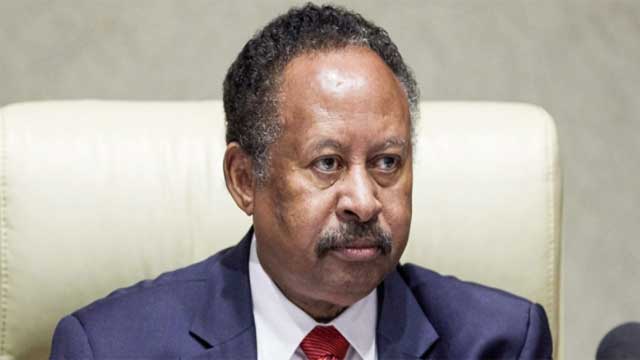Abdalla Hamdok, Sudan's prime minister, announced his resignation on Sunday, just weeks after he was reinstated in a controversial deal with the military.
The army seized power in October and put Hamdok under house arrest. However, he was reinstated after reaching a power-sharing agreement with the coup leader, reports the BBC.
A number of protesters opposed the deal, demanding civilian political rule.
His resignation followed another day of protests, where medics said at least two were killed.
The BBC report says, in a televised address, Mr Hamdok said Sudan was at a "dangerous turning point that threatens its whole survival".
He said he had tried his best to stop the country from "sliding towards disaster", but that "despite everything that has been done to reach a consensus... it has not happened".
"I decided to give back the responsibility and announce my resignation as prime minister, and give a chance to another man or woman of this noble country to... help it pass through what's left of the transitional period to a civilian democratic country," he added.
Following a popular uprising that led to Sudan's longtime authoritarian president Omar al-Bashir being overthrown in 2019, civilian and military leaders signed an uneasy power-sharing agreement aimed at bringing the country closer to democracy.
Under the agreement reached with Mr Hamdok in November, the reinstated prime minister was supposed to lead a cabinet of technocrats until elections were held.
However, it is not clear how much power this civilian government will have. Protesters also said they cannot trust the military.
On Sunday, thousands of people took to the streets of Khartoum and Omdurman. Chanting "power to the people," protesters called on the military to leave politics alone.
On social media, activists have said 2022 will be "the year of the continuation of the resistance".
More than 50 people have been killed at protests since the coup, including at least two on Sunday, according to the pro-democracy Sudan Central Doctors' Committee, says the BBC report.
Gen Abdel Fattah al-Burhan has defended his army's actions in last October's coup, saying the move was intended to prevent a civil war from erupting.
He said Sudan is still committed to the transition to civilian rule, with elections planned for July 2023.





